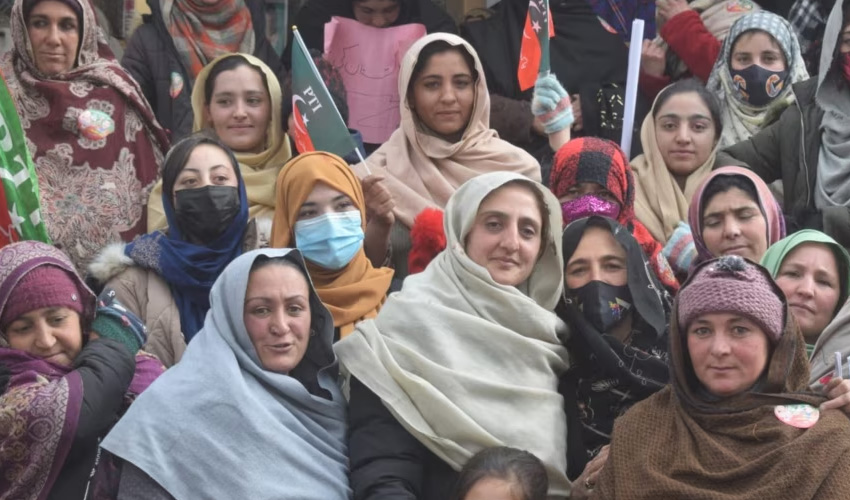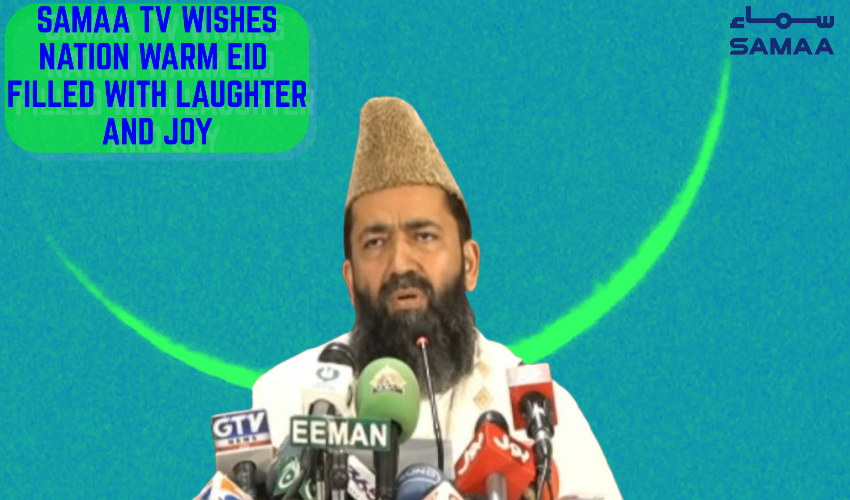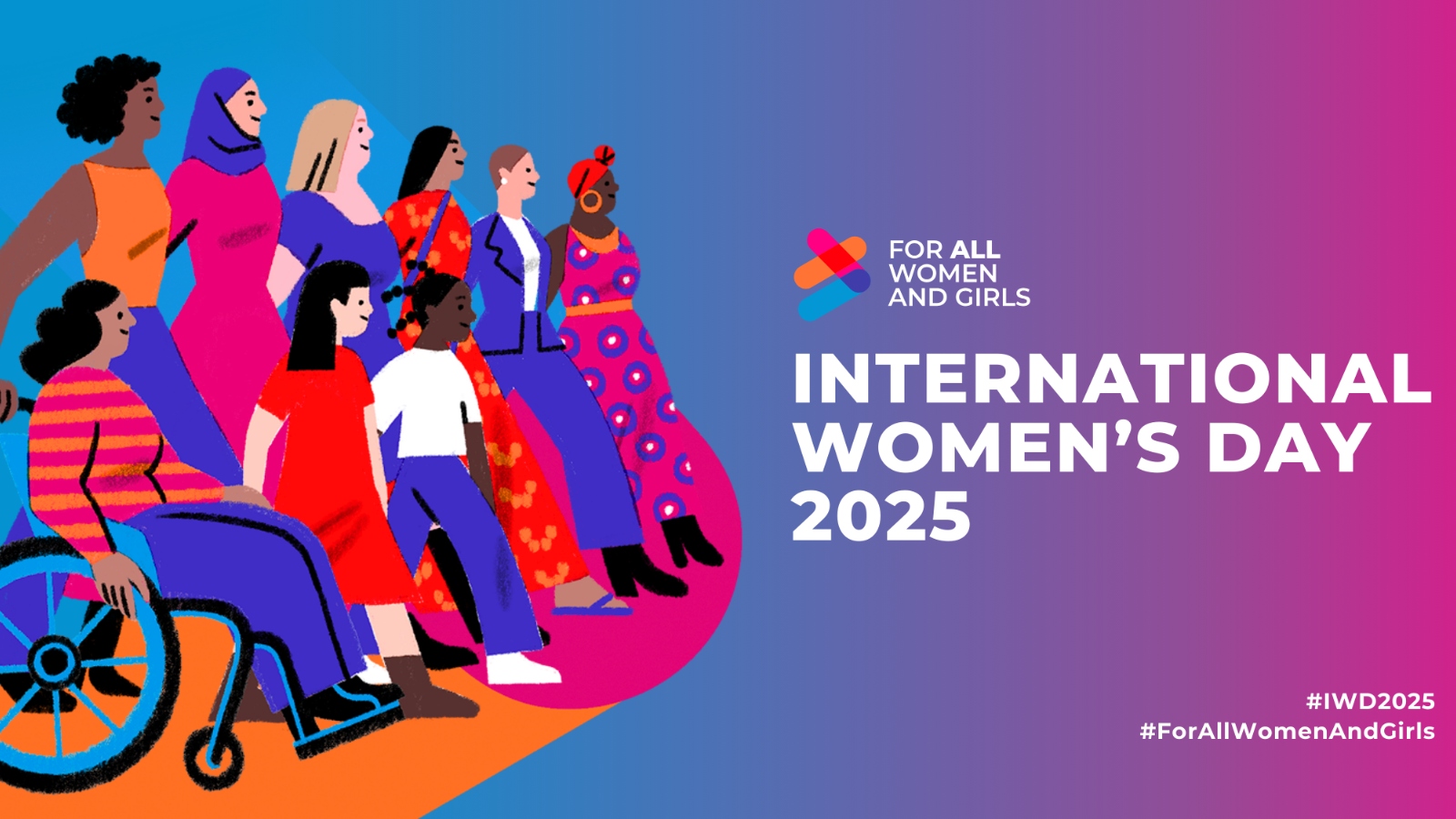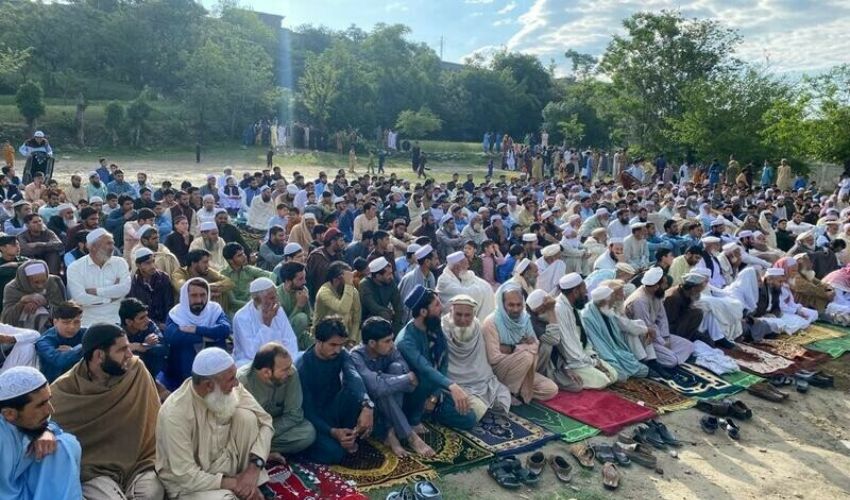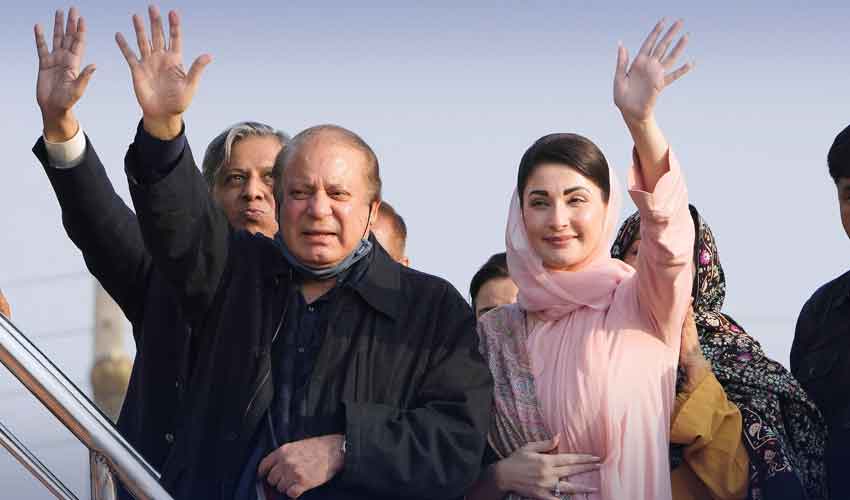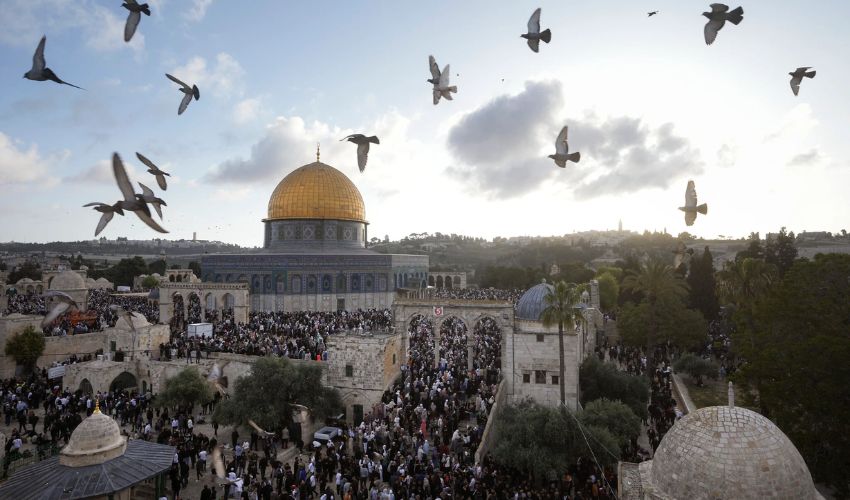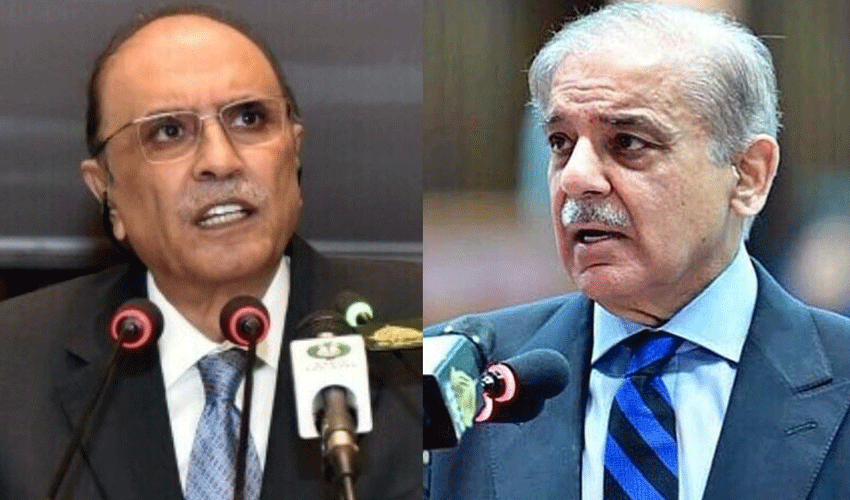In the busy world of Pakistani politics, where people often argue and blame each other, there's a story that doesn't get talked about much—the challenges faced by women. It's important to shine a light on the tough times women endure in politics, both in the past and present.
Similarly, Benazir Bhutto and her mother, Begum Nusrat Bhutto, fought against injustice. They led the Movement for the Restoration of Democracy but faced jail and exile because of oppressive regimes. Even when Benazir became a leader, she struggled to bring about changes, especially for women's rights.
Looking back, women such as Shazia Marri, associated with the PPPP, endured significant challenges. Marri's courageous act of speaking out against a minister's misconduct, despite being a mother, was met with apathy and disregard. This starkly highlights the prevailing attitude towards women's rights within political spheres.
Discrimination against women isn't limited to one political party. Nusrat Sahar Abbasi from the GDA also faced a tough time. This shows that gender bias exists across all political groups.
The arrest of Faryal Talpur (PPPP) from Islamabad's Polyclinic Hospital to Adiala jail late at night sheds light on the challenges women in politics face, particularly when it comes to their safety and privacy.
Similarly, the police raid on Maryam Nawaz's (PMLN) hotel room and the subsequent arrest of her husband serve as reminders of the challenges faced by women in political families. Such intrusive actions not only violate privacy but also create an environment of fear and uncertainty for women in positions of power.
Moreover, the repeated arrests of individuals like Yasmeen Rashid, aged about 73 years, in connection with various cases, and renowned fashion designer Khadija Shah in the May 9 mayhem case, underscore the vulnerability of women to legal and political targeting.
These incidents are not isolated. They reflect a broader issue of gender-based discrimination and violation of privacy within Pakistani politics. Women should not have to endure such treatment or fear for their safety simply because of their political roles or family connections.
The recent case involving Bushra Bibi, the wife of a former Prime Minister, highlights the challenges and unfair treatment faced by women even outside mainstream politics.
Bushra Bibi's case revolves around the Iddat case, where she was convicted after a delay of six years. The situation took a new turn when her ex-husband approached the court. This incident sheds light on the difficulties women encounter in legal battles, particularly when it comes to matters related to their personal lives. The long delay in the case and the sudden involvement of her ex-husband raise concerns about the fairness and impartiality of the legal system.
The case of Bushra Bibi highlights the broader issue of gender inequality within legal processes. Authorities must ensure that women's rights are protected and that they receive fair treatment in all legal matters. Only then can Pakistan move towards a society where justice is truly accessible to all, regardless of gender.
The struggles of women in Pakistani politics reflect broader societal inequalities. Despite progress around the world, Pakistan still has a lot of sexism, making it hard for women to fully participate in politics.
Authorities must uphold the rights and dignity of women in politics, ensuring that they are treated with respect and provided necessary medical care when needed. Privacy should be safeguarded, and arrests should be conducted in a manner that upholds the principles of due process and fairness, regardless of one's political standing.
To change this, we need to listen to women's voices and break down the barriers that hold them back. Only through working together can we create a fairer political system where women's rights are respected and valued. Everyone needs to come together to make politics a fair and just place for everyone, regardless of gender.
To address this systemic issue, concerted efforts are required to amplify women's voices and dismantle the barriers impeding their progress. Only through collective action and unwavering advocacy can Pakistan pave the way towards a more inclusive and equitable political landscape, where women's rights are respected, and their contributions are valued. All stakeholders must work together to ensure that politics becomes a fair and just arena for all, irrespective of gender.
The author is an Advocate of the High Court, serves as an Assistant Litigation Manager at the Legal Aid Society. Renowned for her advocacy in human rights, she has authored numerous articles advocating for women's, children's, and human rights. A passionate poet, Safia has eloquently addressed gender-based violence in her poetry and impactful writings.





